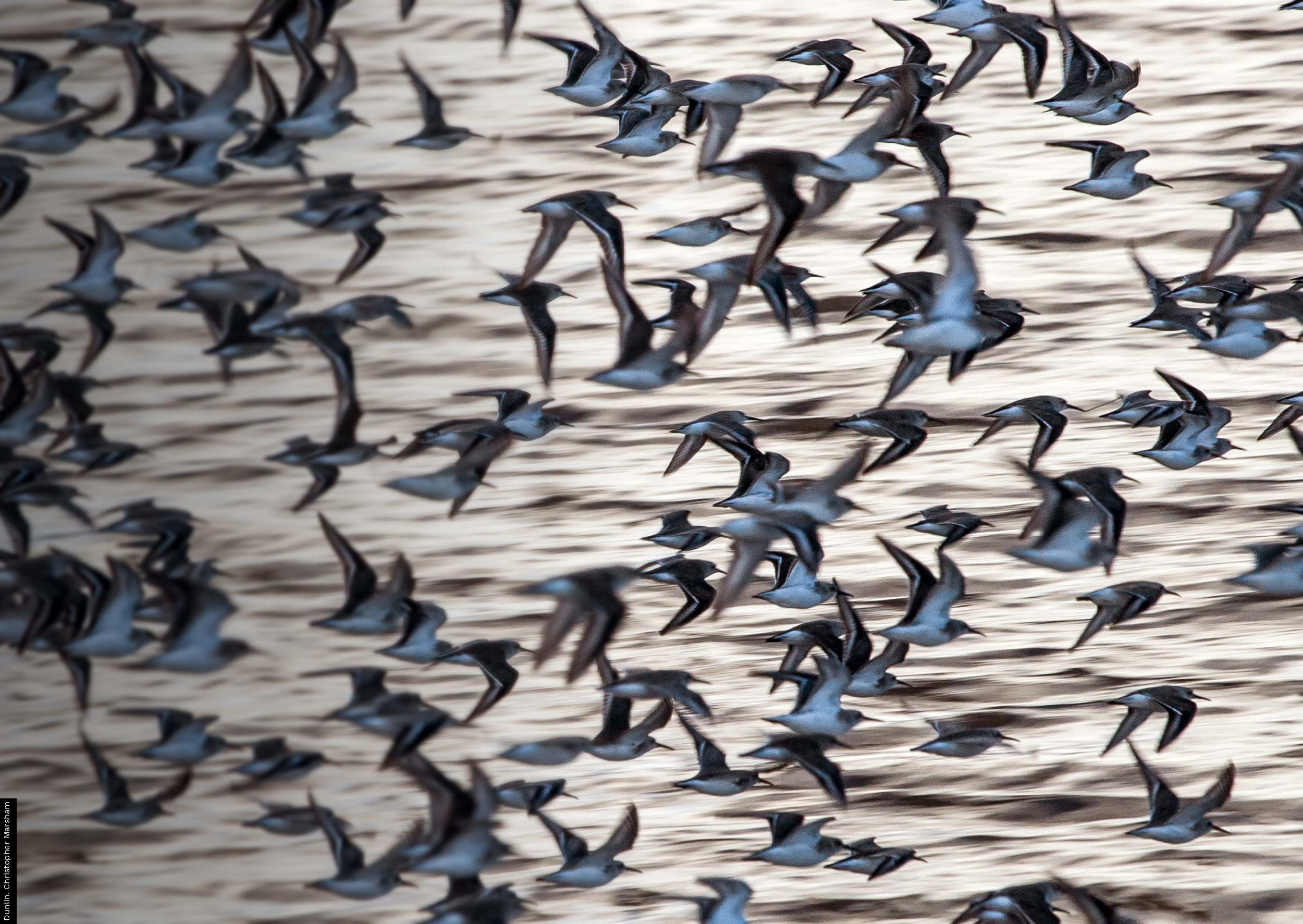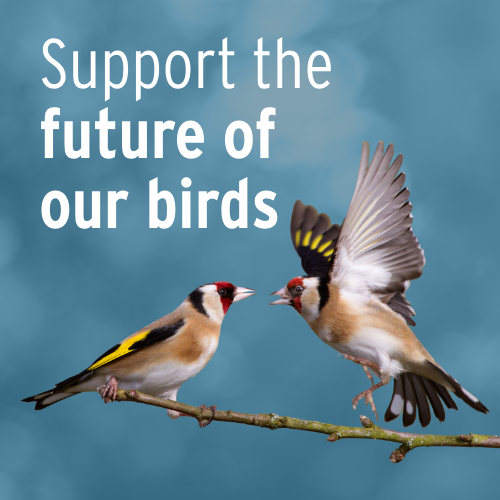Feed the birds? Scientists highlight risks of disease at garden bird feeders
Feed the birds? Scientists highlight risks of disease at garden bird feeders
12 Mar 2018
Wild birds are at risk of a number of serious diseases at our garden bird feeders, according to a collaborative study led by scientists from international conservation charity ZSL (Zoological Society of London) and published in the journal Philosophical Transactions of the Royal Society B.
The study found that while there are multiple benefits of additional food resources for wild birds, particularly during the harsher winter months, garden feeding can also promote the transmission of some diseases – not least by encouraging birds to repeatedly congregate in the same location, often bringing them into regular contact with other species they wouldn’t otherwise interact with so closely in the wider environment. Risks can be increased if hygiene at feeding stations is poor, allowing stale food, food waste and droppings to accumulate.
The research, conducted in partnership with the British Trust for Ornithology (BTO) and Fera Science Ltd, analysed more than 25 years’ worth of data on the occurrence of wild bird health threats, focusing on protozoal (finch trichomonosis), viral (Paridae pox) and bacterial (passerine salmonellosis) diseases. Members of the public contributed their observations via national ‘citizen science’ projects, highlighting the ongoing importance of these surveys in helping scientists track the evolving health threats facing garden wildlife.
Commenting on the study, lead author Dr Becki Lawson from ZSL’s Institute of Zoology said: “Our study shows how three of the most common diseases that affect British garden birds have changed both dramatically and unpredictably over the past decade, both in terms of the species they affect and their patterns of occurrence.
“Both finch trichomonosis and Paridae pox have emerged recently, causing disease epidemics affecting large numbers of birds, while passerine salmonellosis – previously a common condition – appears to have reduced to a very low level. These conditions have different means of transmission – so deepening our understanding of disease dynamics will help us develop best practice advice to ensure that feeding garden birds also helps to safeguard their health”.
The study makes a number of evidence-based recommendations to maximise the benefits but minimise the potential risks associated with feeding wild birds. When disease outbreaks do occur, people are encouraged to report their observations (e.g. lethargy or unusually fluffed-up plumage) to the Garden Wildlife Health (GWH) project; seek veterinary guidance; and consider a temporary halt to garden feeding in order to encourage birds to disperse, reducing the risk of further disease spread.
Commenting further, co-author Kate Risely, BTO Garden BirdWatch Organiser said: “We’re calling on everyone who feeds wild birds to be aware of their responsibilities for preventing disease. Simple steps we’d recommend include offering a variety of food from accredited sources; feeding in moderation, so that feeders are typically emptied every 1-2 days; the regular cleaning of bird feeders; and rotation of feeding sites to avoid accumulation of waste food or bird droppings.
Anyone can join the battle against wildlife disease by contributing vital data to the nationwide Garden Wildlife Health project, a collaboration between ZSL, BTO, Froglife and the Royal Society for the Protection of Birds (RSPB). Find out more, including further best-practice advice for minimising disease risks, and reporting sick garden wildlife, via this link: https://www.gardenwildlifehealth.org/







Share this page